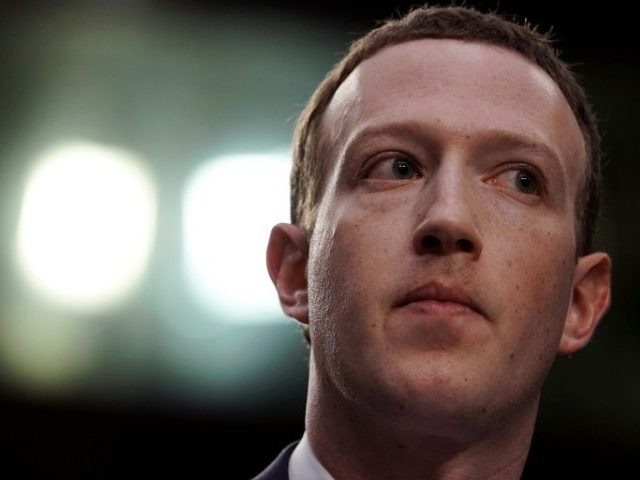At the end of the year, I wrote that Silicon Valley had become petty over the last decade, tying itself in knots over minutiae like Nancy Pelosi parody videos. They no longer seemed interested in the big, utopian visions they initially promised. But it has become a great example of the old saying: you should be careful what you wish for.
Now Mark Zuckerberg has published a post outlining a set of big visions that, in fairness, can’t be described as small or petty — his 10-year plan for the future.
Unfortunately, one of those visions is developing “new forms of government” for Facebook, something he hopes will be a model for other tech platforms.
Here’s what Zuckerberg said:
One of the big questions for the next decade is: how should we govern the large new digital communities that the internet has enabled? Platforms like Facebook have to make tradeoffs on social values we all hold dear — like between free expression and safety, or between privacy and law enforcement, or between creating open systems and locking down data and access. It’s rare that there’s ever a clear ‘right’ answer, and in many cases it’s as important that the decisions are made in a way that feels legitimate to the community. From this perspective, I don’t think private companies should be making so many important decisions that touch on fundamental democratic values.
One way to address this is through regulation. As long as our governments are seen as legitimate, rules established through a democratic process could add more legitimacy and trust than rules defined by companies alone. There are a number of areas where I believe governments establishing clearer rules would be helpful, including around elections, harmful content, privacy, and data portability. I’ve called for new regulation in these areas and over the next decade I hope we get clearer rules for the internet.
Another and perhaps even better way to address this is by establishing new ways for communities to govern themselves. An example of independent governance is the Oversight Board we’re creating. Soon you’ll be able to appeal content decisions you disagree with to an independent board that will have the final decision in whether something is allowed. This decade, I hope to use my position to establish more community governance and more institutions like this. If this is successful, it could be a model for other online communities in the future.
It’s a contradictory post, full of doublespeak. On the one hand, the Facebook CEO appears to acknowledge that private companies shouldn’t be setting the rules of free speech online. (“rules established through a democratic process could add more legitimacy and trust than rules defined by companies alone.”) On the other hand, he then touts his planned “oversight board” — which would be the creation of a private company — as a potentially superior solution.
Also, it takes some audacity to state your openness to government regulation, while Facebook, along with other tech giants, floods Washington D.C. with cash aimed at preventing commonsense reworking of laws like Section 230 of the Communications Decency Act, a grossly unfair piece of legislation that ensures banned users and businesses have no recourse in court against social media companies.
On the plus side, as other observers have noted, Zuckerberg’s post contrasts with his last two end-of-year posts outlining his goals for the future, in that he seems to be “done apologizing.” His 2018 post, for example, which came on on the back of immense pressure from the left and the media to crack down on conservative content, promised to “fix Facebook.”
The other positive is that Zuckerberg is finally looking beyond political goals. Aside from the section on “governance,” his 10-year plan focuses mainly on technology —which, unlike politics, is something the company is actually supposed to be good at. He promises a focus on e-commerce, privacy-focused platforms, and investment from his foundation in “curing, preventing and managing all diseases in our children’s lifetimes.”
The last goal is a typically blue-skies goal from Silicon Valley, and I’m not sure I’d trust any Facebook platform that touts its privacy protections. Nevertheless, both goals are miles better than the idea of a social network building “new forms of governance.”
Are you an insider at Google, Facebook, Twitter or any other tech company who wants to confidentially reveal wrongdoing or political bias at your company? Reach out to Allum Bokhari at his secure email address allumbokhari@protonmail.com.
Allum Bokhari is the senior technology correspondent at Breitbart News.

COMMENTS
Please let us know if you're having issues with commenting.